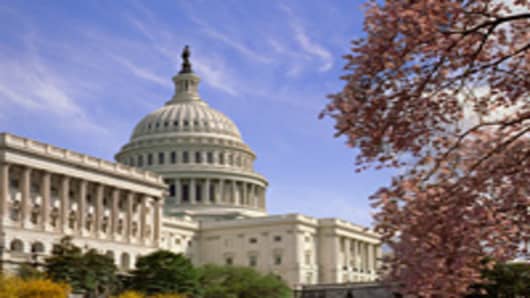It is clear that after two years and billions of dollars in failed stimulus funds, the President's economic policies are not working.
Unemployment remains at over nine percent and the number of new jobs created in May was at an all time low. If we want to get our economy back on track, we must look for ways to lessen the burden on our true job creators: small businesses. One of the most significant obstacles faced by our small businesses during this tumultuous period has been access to capital to survive, thrive, and hire more workers.
Small businesses create 60 to 80 percent of our new jobs and employ over half of the country's private sector workforce, but a consistent flow of credit is critical for their success. Small businesses lack the resources of their larger counterparts and rely on financing to carry out their daily operations. Without it they would be unable to replenish inventory or purchase new equipment and many would simply cease to exist. Small firms also need diverse ways to access capital to start their business, invest in their company, and meet unexpected challenges.


